Dictionary of Bhakti: North-Indian Bhakti Texts into Khari Boli Hindi and English (In 3 Volumes)
Synopsis
After ce 1000 an important change took place on the religious scene in India. With the arrival of the Muslims and the establishment of Muslim governments in Delhi and elsewhere, Hinduism was confronted with a powerful religious tradition that was not only supported by military strength but was also endowed with a strong tradition of mysticism. Along with this double challenge, India was invaded by a language, Persian, that became the official language of the imperial court. From ce 1300 onwards a remarkable phenomenon changed the religious history of India. Popular mystic reformers appeared, reacting vehemently against both the Brahmanical ritualism and the corruption in Islamic practices. They preached a monotheistic religion, without caste distinction, stressing very personal devotion and giving their message in the vernacular languages, not in Sanskrit.
The language of this bhakti literature is a mixed medium that, until now, has not been described in detailed grammars and dictionaries, as was the case with Sanskrit. The vocabulary of this medium was borrowed, not only from Sanskrit and Persian but also from local idioms and dialects, and wandering singers adopted many terms and expressions as they travelled from one region to another. Consequently, each fresh edition in this field requires new grammars and glossaries.
The challenge of research in this area is the fact that this literature is only accessible in manuscripts and little has been critically edited. Secondly, the language in which these hymns were sung has been studied only imperfectly, although a lot of progress has been made in the last twenty years. It is important that a wider readership should be able to access and understand the texts available, and it is here that we should situate the usefulness of the Bhakti Hindi-English Dictionary.
Read more
The language of this bhakti literature is a mixed medium that, until now, has not been described in detailed grammars and dictionaries, as was the case with Sanskrit. The vocabulary of this medium was borrowed, not only from Sanskrit and Persian but also from local idioms and dialects, and wandering singers adopted many terms and expressions as they travelled from one region to another. Consequently, each fresh edition in this field requires new grammars and glossaries.
The challenge of research in this area is the fact that this literature is only accessible in manuscripts and little has been critically edited. Secondly, the language in which these hymns were sung has been studied only imperfectly, although a lot of progress has been made in the last twenty years. It is important that a wider readership should be able to access and understand the texts available, and it is here that we should situate the usefulness of the Bhakti Hindi-English Dictionary.
180.00
162
$
200.00 $
Free delivery Wolrdwidе in 10-18 days
Ships in 1-2 days from New Delhi
Membership for 1 Year $35.00
Get it now and save 10%
Get it now and save 10%
BECOME A MEMBER
Books by the same authors
Similar items
-
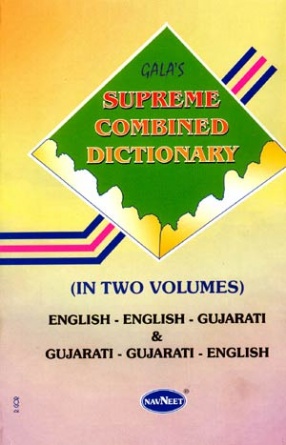
English-English-Gujarati & Gujaratii-Gujarati-English: Supreme Combined Dictionary (In 2 Volumes)
-
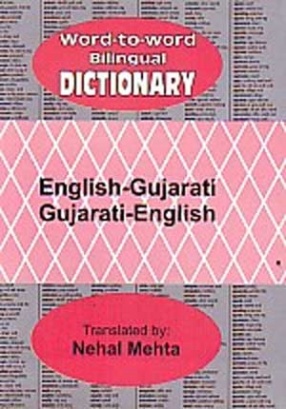
Word to Word Bilingual Dictionary, English-Gujarati, Gujarati-English
-
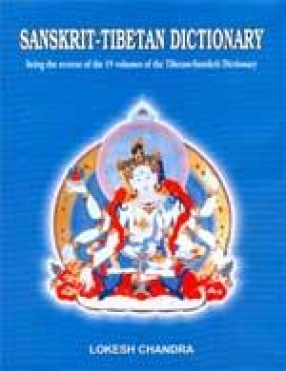
Sanskrit-Tibetan Dictionary: Being the Reverse of the 19 Volumes of the Tibetan-Sanskrit Dictionary
-
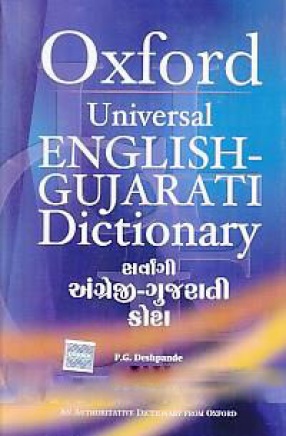
Universal English-Gujarati Dictionary

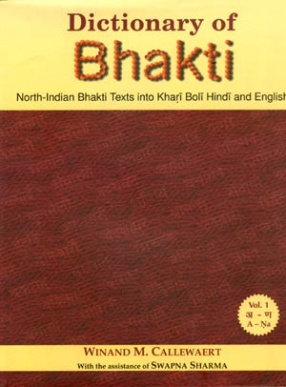
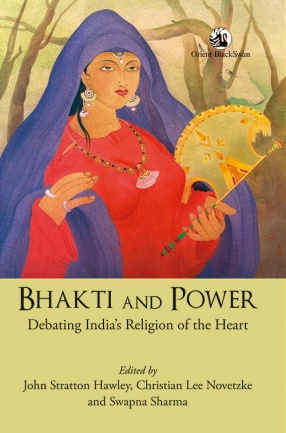

Bibliographic information
Swapna Sharma